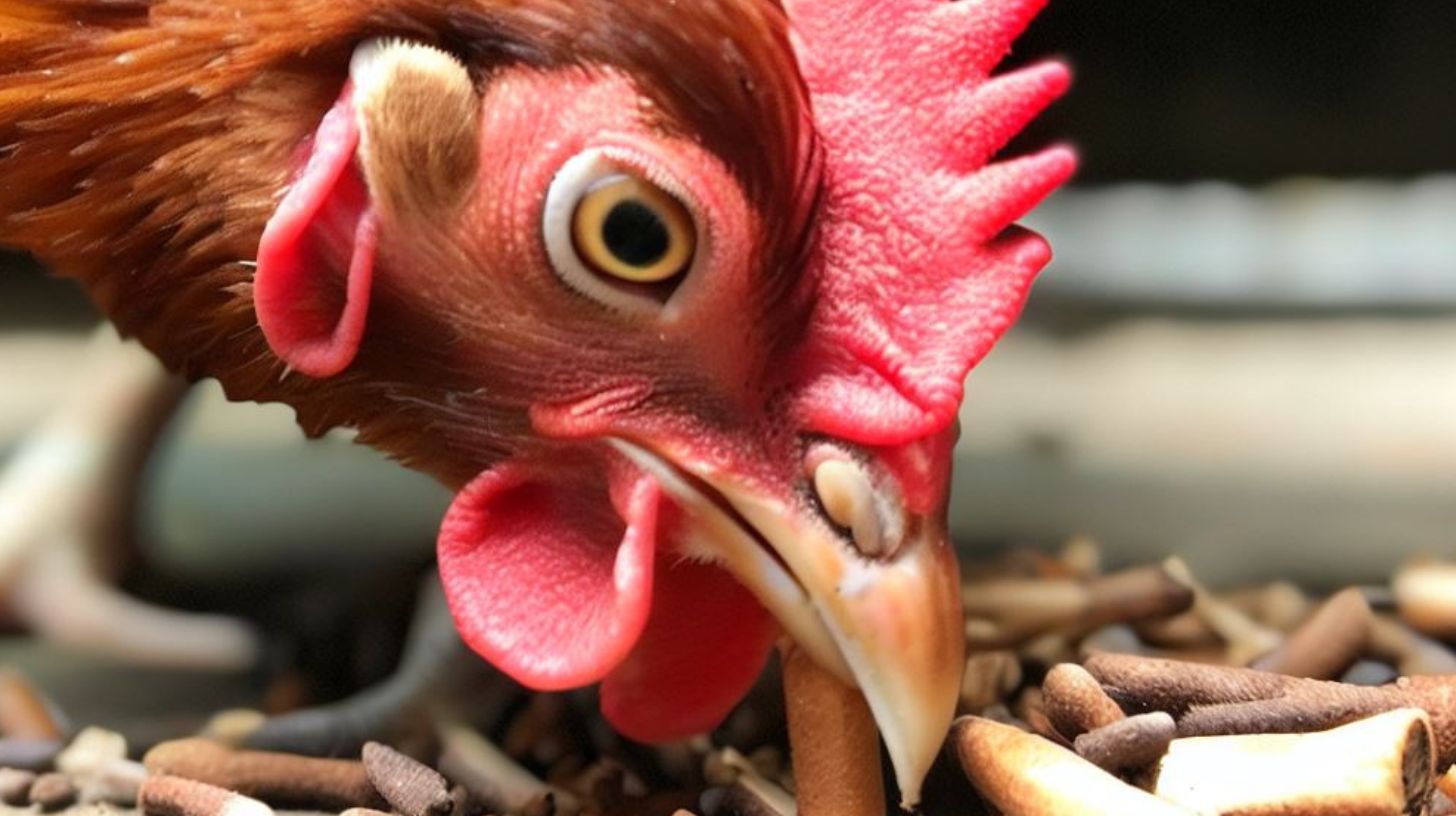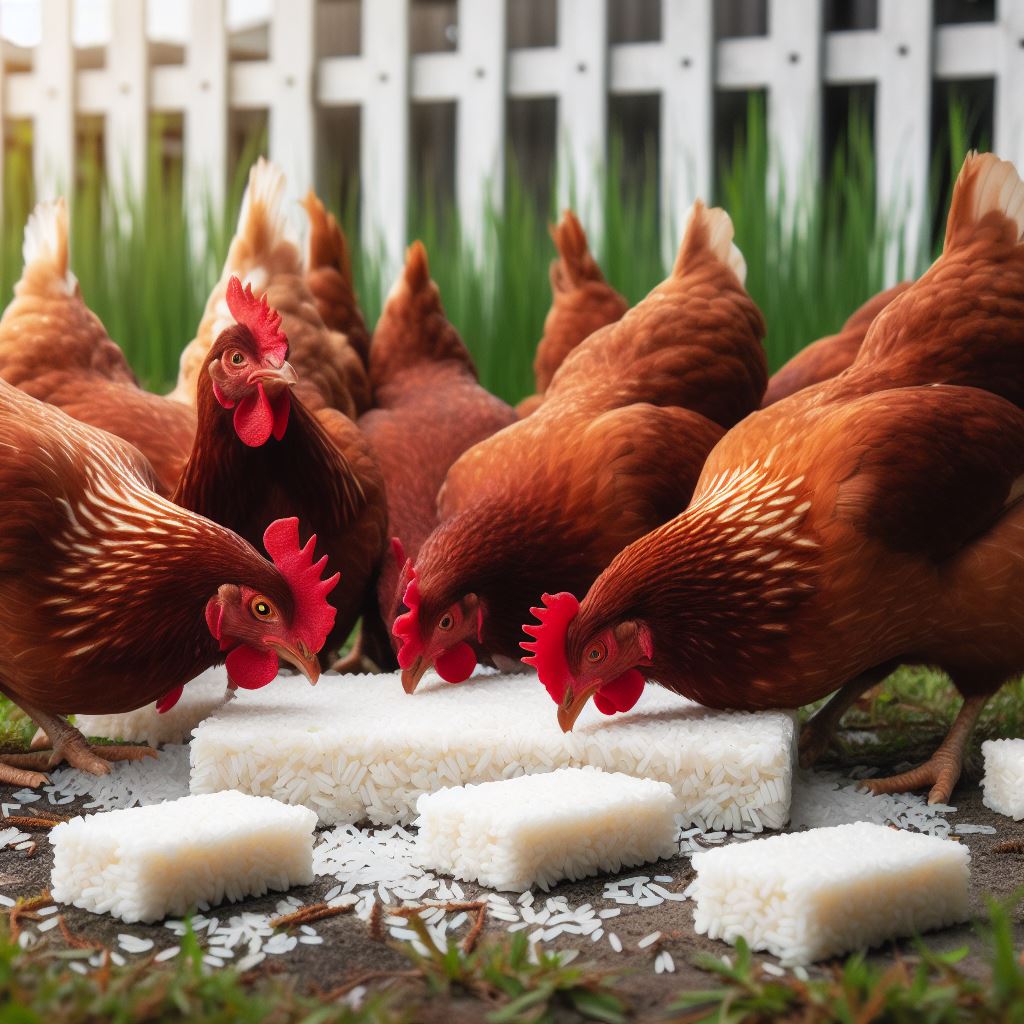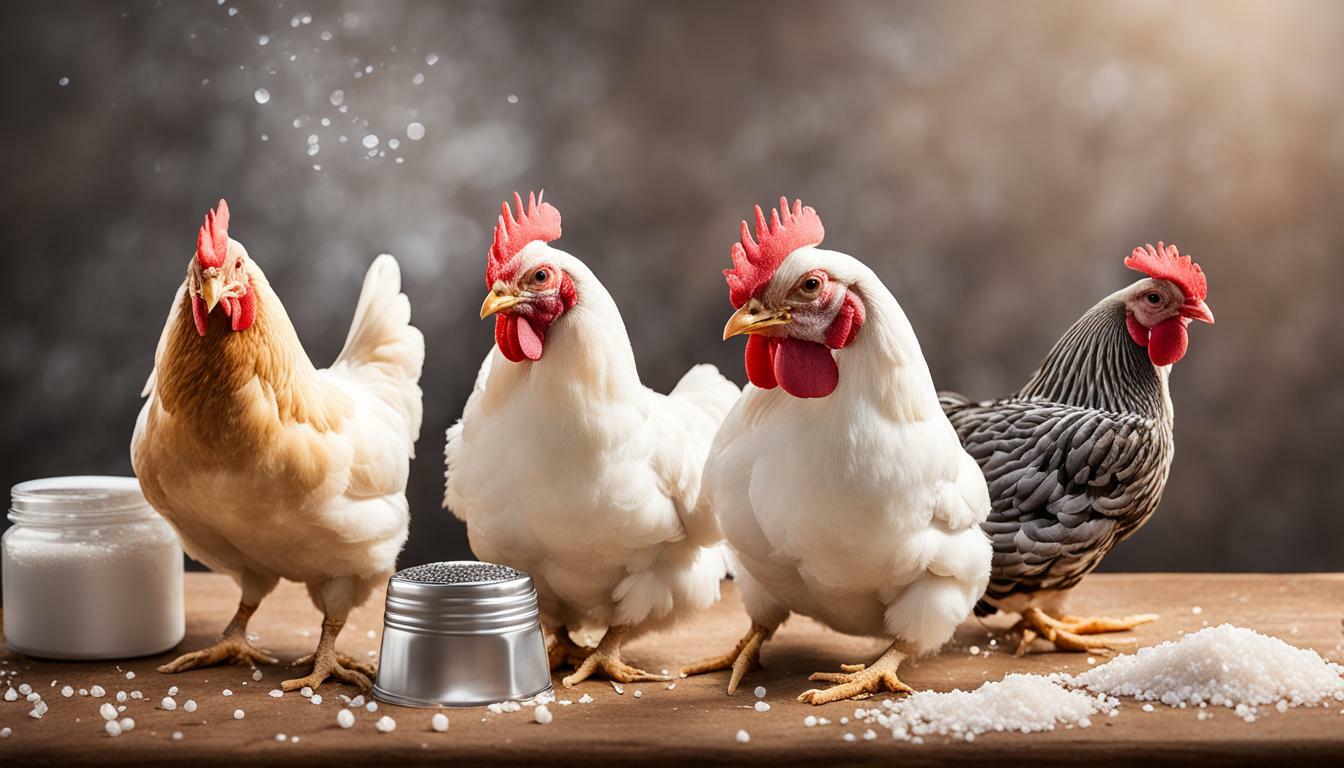Can Chickens Eat Cloves? Find Out the Answer Here!

Table of content:
Cloves are the aromatic flower buds of the clove tree that grow in tropical climates. They are popularly used as a spice in cooking. Many chicken owners wonder, can chickens eat cloves?
The short answer is yes, chickens can eat cloves in moderation as part of a balanced diet. Cloves contain compounds that may benefit chicken health. But they also have a strong flavor and should not make up a large part of a chicken’s diet.
Below we’ll explore whether cloves are safe for chickens, the potential benefits and risks, and how much to feed chickens.
Are Cloves Safe for Chickens?
Cloves and garlic contain allicin, a compound that can help repel insects and reduce parasites in chickens. In moderation, cloves are safe for chickens and may provide some health benefits.
However, cloves have a very strong, potent flavor. Too much could upset a chicken’s digestive system or affect the taste of their eggs. Limit cloves to less than 1% of a chicken’s daily diet.
It’s also best to introduce new spices slowly at first to check for any signs of sensitivity. Monitor chickens after feeding cloves and remove from the diet if any diarrhea or other issues arise.
Benefits of Feeding Chickens Cloves
Here are some of the main benefits cloves can offer chickens:
- Natural antiparasitic properties – The allicin in cloves may help control worms, mites, and other internal and external parasites.
- Immune support – Compounds in cloves like eugenol act as antioxidants and may boost immunity.
- Insect repellent – The strong scent of cloves can deter pests like mites and lice. It may also help repel rodents when used in nesting areas.
- Digestive health – Cloves may support healthy digestion and gut flora. The spice turmeric contains a compound called curcumin that has antimicrobial effects and may promote a healthy digestive system.
- General health and wellness – As an antioxidant and anti-inflammatory, cloves can support overall health. The compounds may also promote liver and kidney health.
So in moderation, cloves can provide some benefits as part of a varied diet. Just be sure not to overdo it with this potent spice.
Potential Risks of Feeding Chickens Cloves
While considered safe in small amounts, cloves do come with some potential risks for chickens:
- Digestive upset – Too many cloves could irritate the digestive tract, causing diarrhea or other issues. Introduce slowly.
- Altered egg taste – The strong flavor of cloves may affect the taste of the eggs if fed in excess.
- Respiratory issues – The strong scent could irritate airways if chickens are confined in close quarters with high concentrations. Ensure proper ventilation.
- Toxicity – Extremely high doses may potentially cause toxicity, though this is very unlikely in normal feeding situations.
- Choking hazard – Whole cloves pose a choking risk, so chopped cloves are safer. Avoid feeding chickens whole cloves.
To prevent issues, feed cloves in moderation as part of a varied diet. Introduce slowly, watch for signs of sensitivity, and remove cloves from the diet if any adverse reactions occur.
How Much Cloves Can Chickens Eat?
When feeding cloves, moderation is key. Limit cloves to less than 1% of the total diet.
For example, if feeding 200 grams of feed per chicken daily, cloves should make up 2 grams or less.
Start with even smaller amounts like 0.5 grams and gradually increase over 2-3 weeks while monitoring chicken health.
Do not allow chickens unlimited access to cloves. This potent spice is best used as an occasional supplemental feed, not a dietary staple.
What Herbs and Spices Are Toxic to Chickens?
Some herbs and spices are toxic to chickens and should be avoided. Do not feed chickens:
- Onions – Raw onions can cause hemolytic anemia. Cooked onions are safer in moderation.
- Chives – Large amounts may cause anemia like onions. Okay in moderation.
- Garlic – Can cause hemolytic anemia in large doses. Use sparingly.
- Hot peppers – Can irritate chickens’ digestive tracts. Avoid.
- Salt – Toxic in excess. Do not provide salt freely.
- Chocolate – Contains theobromine, toxic to chickens. Never feed.
- Caffeine – Can be toxic. Avoid coffee, tea leaves, and coffee grounds.
When in doubt, research a new herb, spice, or food before feeding to chickens. Introduce new additions slowly and monitor for any adverse effects.
FAQs About Feeding Chickens Cloves
Here are answers to some other common questions about feeding cloves to chickens:
Can chickens eat cloves of garlic?
Yes, chickens can eat cloves of garlic in moderation. Garlic offers similar benefits to cloves, like antiparasitic effects, immune support, and insect repellency. But limit garlic to less than 1% of the daily diet to prevent toxicity risks. Introduce slowly while watching for signs of digestive upset.
Can I feed my chickens garlic?
You can feed chickens garlic sparingly. Use it as an occasional treat or supplement, not a dietary staple. Chop finely or crush cloves to prevent choking. Limit garlic to around 1 clove per chicken 2-3 times per week at most. Never allow unlimited access.
Is garlic safe for chickens?
Garlic is safe for chickens in moderation. It provides benefits but can cause hemolytic anemia if overfed. Stick to around 1% or less of the total diet. Introduce new spices slowly while monitoring chicken health. Discontinue garlic if any adverse reactions occur.
What herbs can chickens eat?
Chickens can safely eat herbs like oregano, basil, dill, parsley, cilantro, mint, rosemary, sage, and thyme. Introduce new herbs slowly and sprinkled lightly at first. Avoid large amounts of chives and any onions. Research safety before feeding unfamiliar herbs.
Final Thoughts
Cloves are safe for chickens and provide several potential health benefits when fed sparingly. A small amount of cloves can help naturally control parasites, boost immunity, support digestion, and more. But moderation is key, as overfeeding this potent spice can cause toxicity and other adverse effects. Limit cloves to less than 1% of the daily diet, introduce slowly, and monitor chicken health. With a little care, cloves can be a great supplemental feed.
Welcome. I’m Adreena Shanum, the proud owner of this website, and I am incredibly passionate about animals, especially poultry. I founded adreenapets.com as a labor of love, stemming from my desire to share my knowledge and experiences with poultry enthusiasts worldwide.




